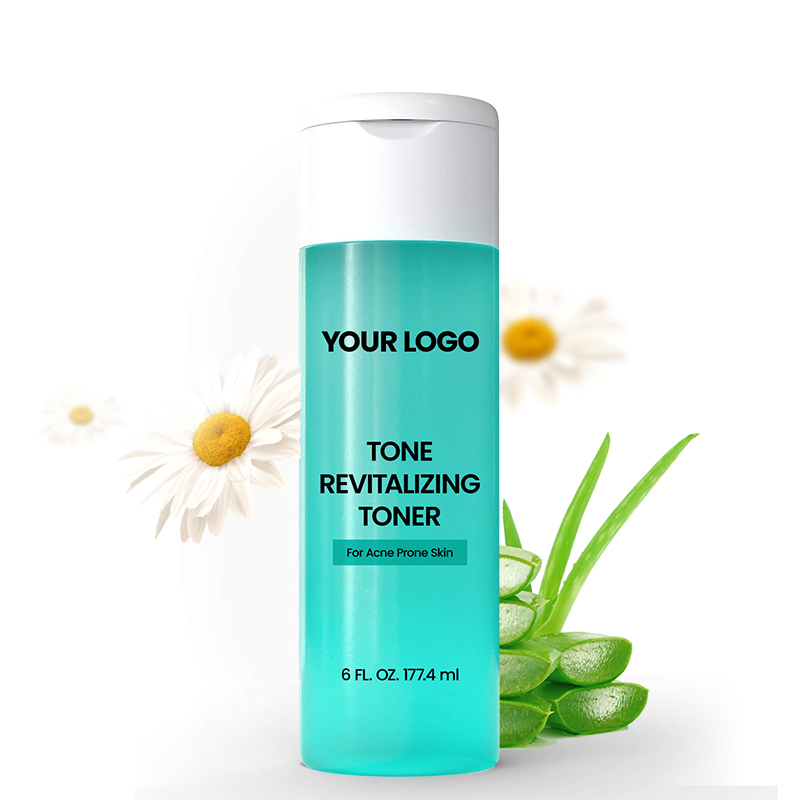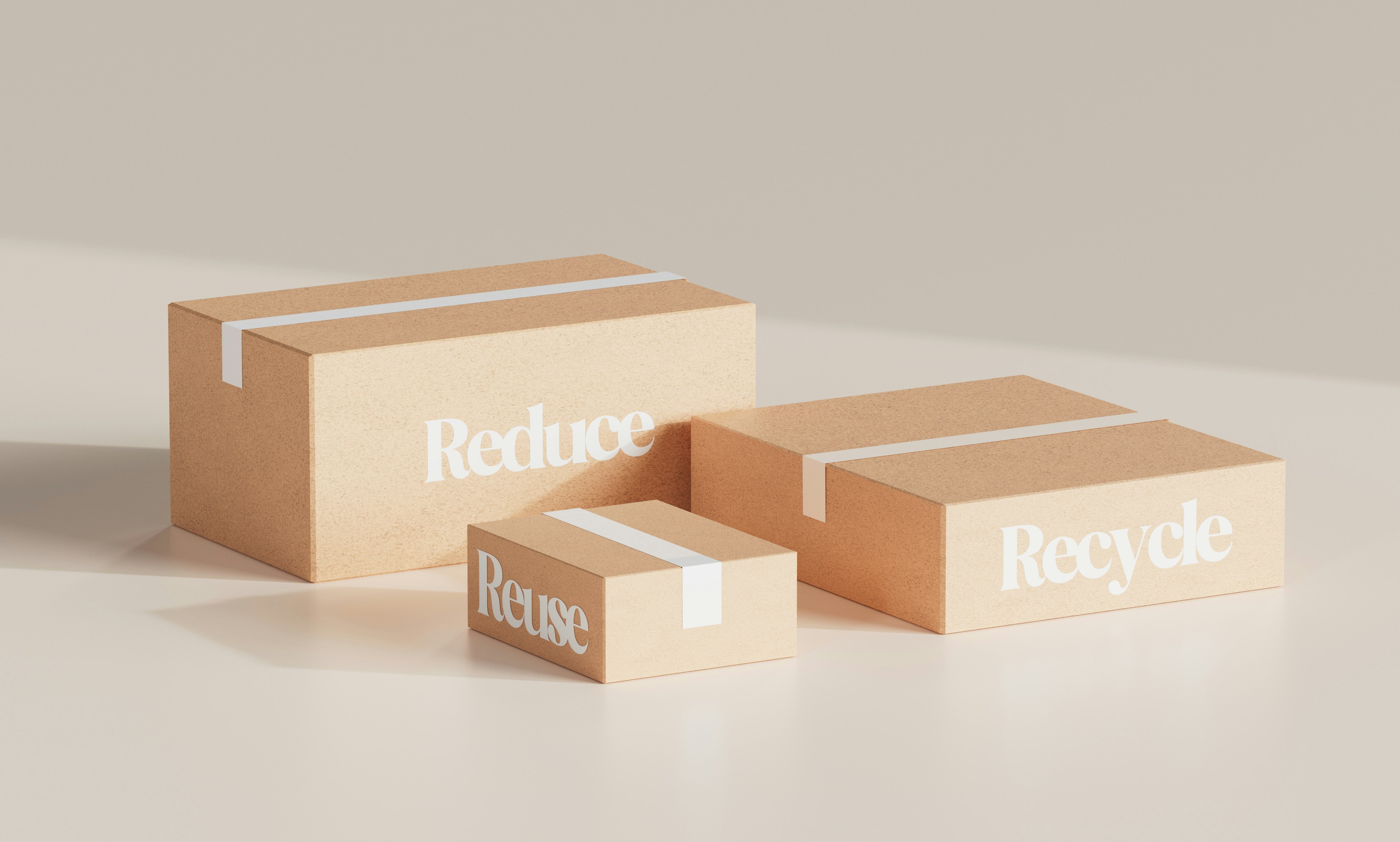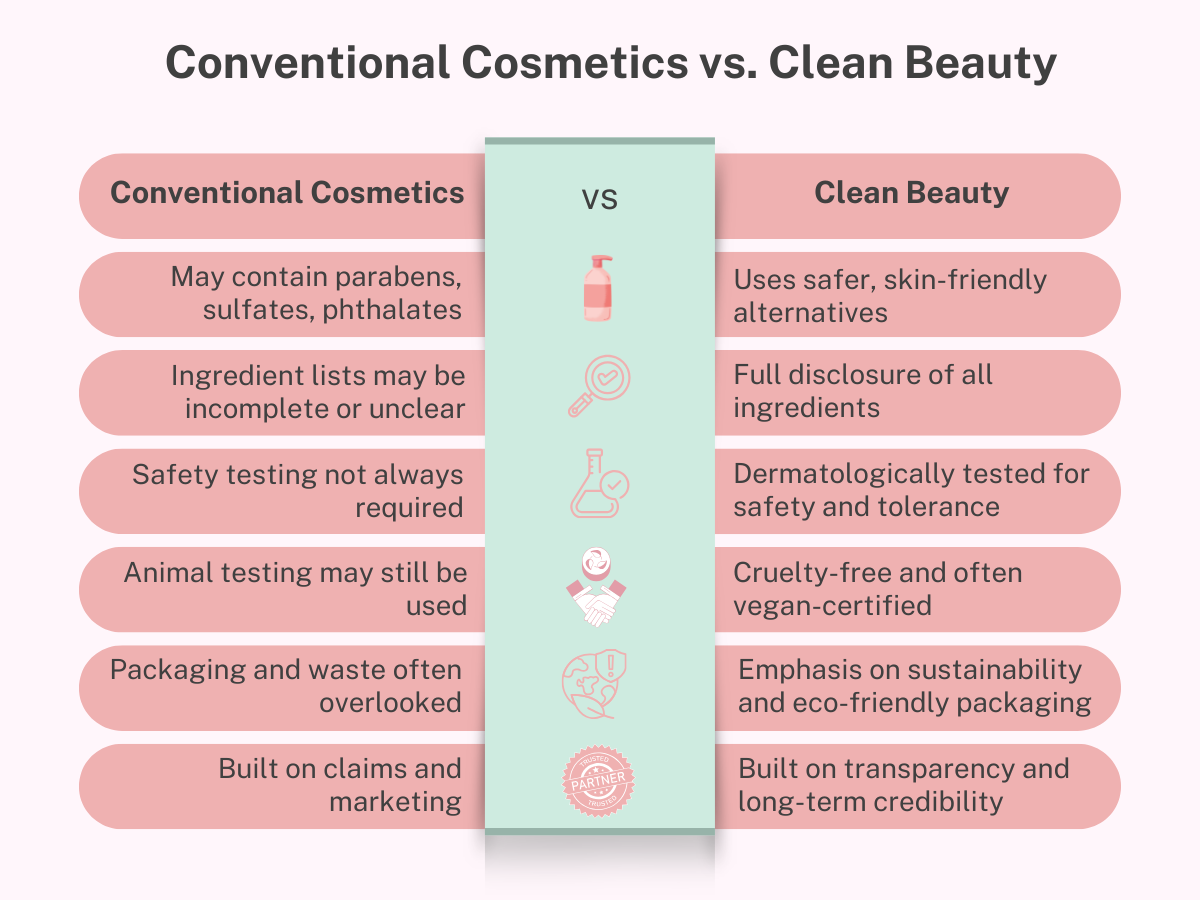Cosmetics are part of daily life for millions, but do we really know what's inside the products we use? What if some ingredients could be doing more harm than good?
Behind the appealing packaging lies a complex mix of substances—some safe, others potentially risky. Choosing wisely is essential, not only for your skin but for building trust and ensuring long-term success in the industry.
Understanding the realities behind manufacture of cosmetics products is crucial for anyone focused on quality and safety in this evolving industry.
The Hidden Dangers of Low-Quality Cosmetics

Not all cosmetics are created equal. Low-quality products often use cheap, unregulated ingredients that can pose serious health risks.
What are the risks?
Some inferior products contain harmful substances like mercury, formaldehyde, and phthalates. These can cause skin irritation, allergic reactions, and in severe cases, long-term damage to organs and the nervous system.
How does this affect performance?
Poor formulation leads to uneven application, colours that fade quickly, or unexpected reactions. These issues frustrate customers and tarnish brand reputations.
Why should businesses care?
As consumer expectations grow for transparency and quality, understanding the differences between white label and private label is important for businesses.
White label products are pre-made formulas that can be rebranded quickly, offering less control over ingredients and quality. In contrast, private label allows brands to fully control ingredients and formulation, resulting in safer, more customisable products.
Choosing private label gives businesses the opportunity to offer unique, high-quality products that meet consumer demand for transparency, leading to stronger trust and loyalty.
What's Really Going on Behind the Scenes of Cosmetics Manufacturing?
Behind every manufacture of cosmetics products product lies a manufacturing process that's often hidden from consumers. But do you really know what happens before the product hits the shelf?
Many products rely on standardised formulas in large-scale manufacturing, leading to inconsistent quality and untested ingredients. Choosing the right manufacturing model, such as private label, gives brands more control over product development, ingredients sourcing and quality, ensuring safer, more transparent products.
When corners are cut, rushed timelines, limited testing, and inadequate oversight often mean products reach the market before they're properly tested for safety and stability.
For brand owners and importers, understanding what happens behind the scenes is essential. If you don't know how your products are made, you risk selling products that could lead to recalls, regulatory issues, or lost customer trust.
That's why transparency in manufacturing—from ingredient sourcing to quality control—is essential. It not only safeguards your brand's image but also ensures that the products meet the highest safety standards.
Why Clean Beauty is Becoming the New Standard
Consumers are increasingly choosing clean beauty as they demand safer, more transparent products. With rising awareness about the risks of synthetic chemicals, many are selecting products free from harmful ingredients like parabens, phthalates, and sulphates.
Focus on Safer Ingredients
The shift towards natural, plant-based ingredients and effective, non-toxic preservatives is gaining traction. These products avoid harsh chemicals, offering safer alternatives that nurture the skin without long-term risks.
Transparency Is Key to Building Trust
Today's consumers expect transparency in the products they use, and the beauty industry is responding. Brands that openly share ingredient sourcing, formulations, and ethical practices foster trust with health-conscious buyers.
Influencers play a major role in promoting products that align with these values, educating their audiences on safer beauty choices.
Sustainability in Clean Beauty

Sustainability is becoming a key pillar of clean beauty, with consumers choosing brands that prioritise eco-friendly packaging and cruelty-free testing. As brands take responsibility for their sourcing and packaging, clean beauty now embodies a broader set of ethical and environmental values.
As demand for transparency grows, many brands are turning to solutions like private label organic skin care to meet these higher standards. Clean beauty has evolved beyond a trend; it's becoming an industry standard that aligns with modern consumers' values, integrating ethical sourcing and sustainability into brand entities.
At Da'ao Cosmetics, we recognize the importance of sustainability and are committed to offering products that reflect transparency and ethical practices.
Setting the Standard for Safe, Ethical Beauty
Consumers today demand more than just effectiveness from beauty products—they expect transparency, sustainability, and ethical production. But how can brands ensure they are truly meeting these growing demands?
We at Da'ao Cosmetics lead by example, offering products free from harmful chemicals like parabens, phthalates, and sulphates. Our commitment to vegan, cruelty-free, and halal standards ensures we cater to a broad spectrum of consumers, addressing the increasing demand for ethical and clean beauty options.
As the beauty industry evolves, we set a new standard by delivering safe, effective, and ethical products. By partnering with the right skincare manufacturers, brands can ensure quality and build trust with their customers.
After 13 years of technological accumulation, DAAO Cosmetics Manufacturer has four core product series: 1. Facial skin care 2. Household cleaning 3. Facial mask 4. Handmade soap; the daily output reaches 1 million pieces. It has served more than 3,000 domestic and international brands, and its products are exported to Europe, America, Southeast Asia, the Middle East, Australia and other countries and regions.
Cosmetics Manufacturers-Cosmetics Production-Cosmetics Customization-Skin Care Products Suppliers-Cosmetics Manufacturers in Tai O, Guangzhou, Guangdong, China


